optimum soil preparation for heuchera
garden4510
14 years ago
Related Stories
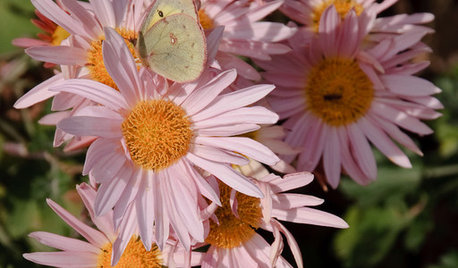
GREAT LAKES GARDENINGGreat Lakes Gardener's November Checklist
So many seed heads and berries to admire as you prepare for winter and prep bulbs for forced indoor blooming
Full Story0
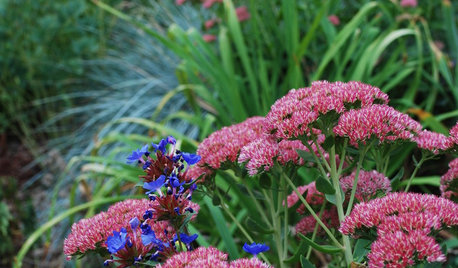
GARDENING GUIDESFall Is Calling: What to Do in Your October Garden
Get a jump on winter prep or just sit back and watch the leaves fall. The beauty of an autumn garden is in all the choices you have
Full Story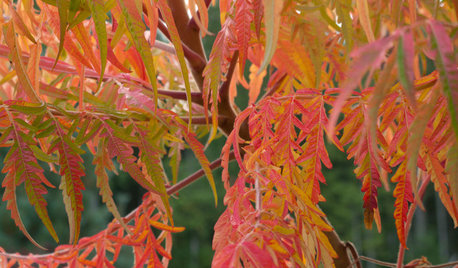
GARDENING GUIDESPacific Northwest Gardener's November Checklist
Set a festive mood with a container garden while preserving and protecting your landscape and water features
Full Story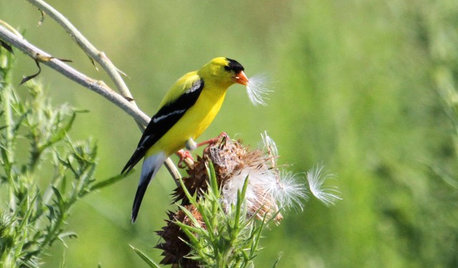
GARDENING FOR BIRDSWild Birds Transform a Woman’s Garden and Life
How Sharon Sorenson created a wildlife haven and became the Bird Lady of Southern Indiana
Full Story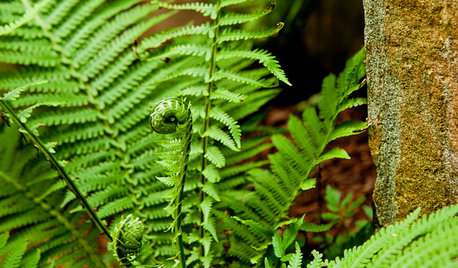
GARDENING GUIDESGreat Design Plant: Ostrich Fern (Matteuccia struthiopteris)
Try this giant among ferns for a showstopping sight in a shady or even somewhat sunny woodland garden
Full Story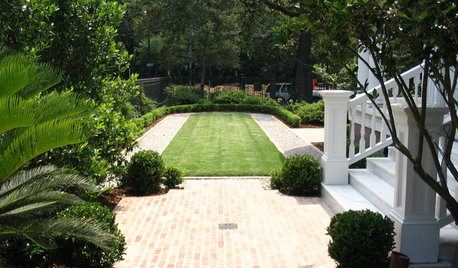
GARDENING GUIDESHow to Plant a New Lawn From Sod
Take the quick-start route to turf with sod; these installation guidelines will help ensure a healthy and long-lasting lawn
Full Story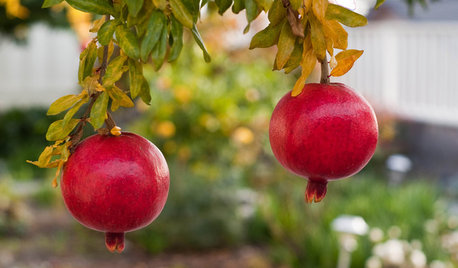
GARDENING GUIDESNorthern California Gardener's October Checklist
It's still a great time to plant flowers, vegetables and even bulbs in California gardens this month, thanks to predictably mild weather
Full Story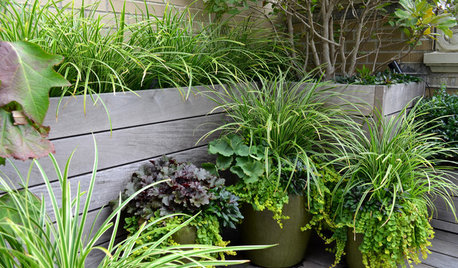
PLANTING IDEASCreate High-Impact Container Gardens With Grasses
When it comes to adding drama, texture and panache to a pot, these strappy species are hard to beat
Full Story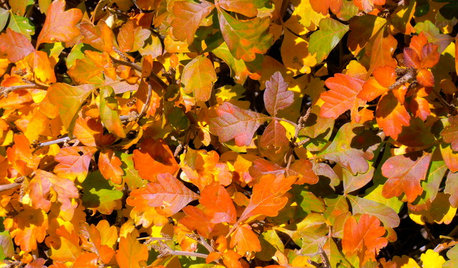
GARDENING GUIDESSouthwest Gardener's November Checklist
How to get your arid-region garden in shape for the season of outdoor living
Full Story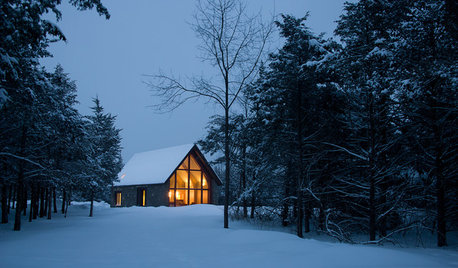
ARCHITECTURE15 Smart Design Choices for Cold Climates
Keep your home safe and comfortable in winter by choosing the right home features and systems
Full Story





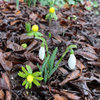

spazzycat_1
buyorsell888
Related Professionals
Birmingham Landscape Architects & Landscape Designers · Mount Wilson Landscape Architects & Landscape Designers · Brentwood Landscape Contractors · Springfield Landscape Contractors · Allentown Landscape Contractors · Clearlake Landscape Contractors · Coram Landscape Contractors · Euclid Landscape Contractors · Federal Way Landscape Contractors · Quincy Landscape Contractors · Shirley Landscape Contractors · Welby Landscape Contractors · Westford Landscape Contractors · North Aurora Landscape Contractors · Clearfield Landscape Contractorskentstar
mxk3 z5b_MI
gardengal48 (PNW Z8/9)
Donna
mxk3 z5b_MI
kentstar
mxk3 z5b_MI
rockstonegarden
echinaceamaniac